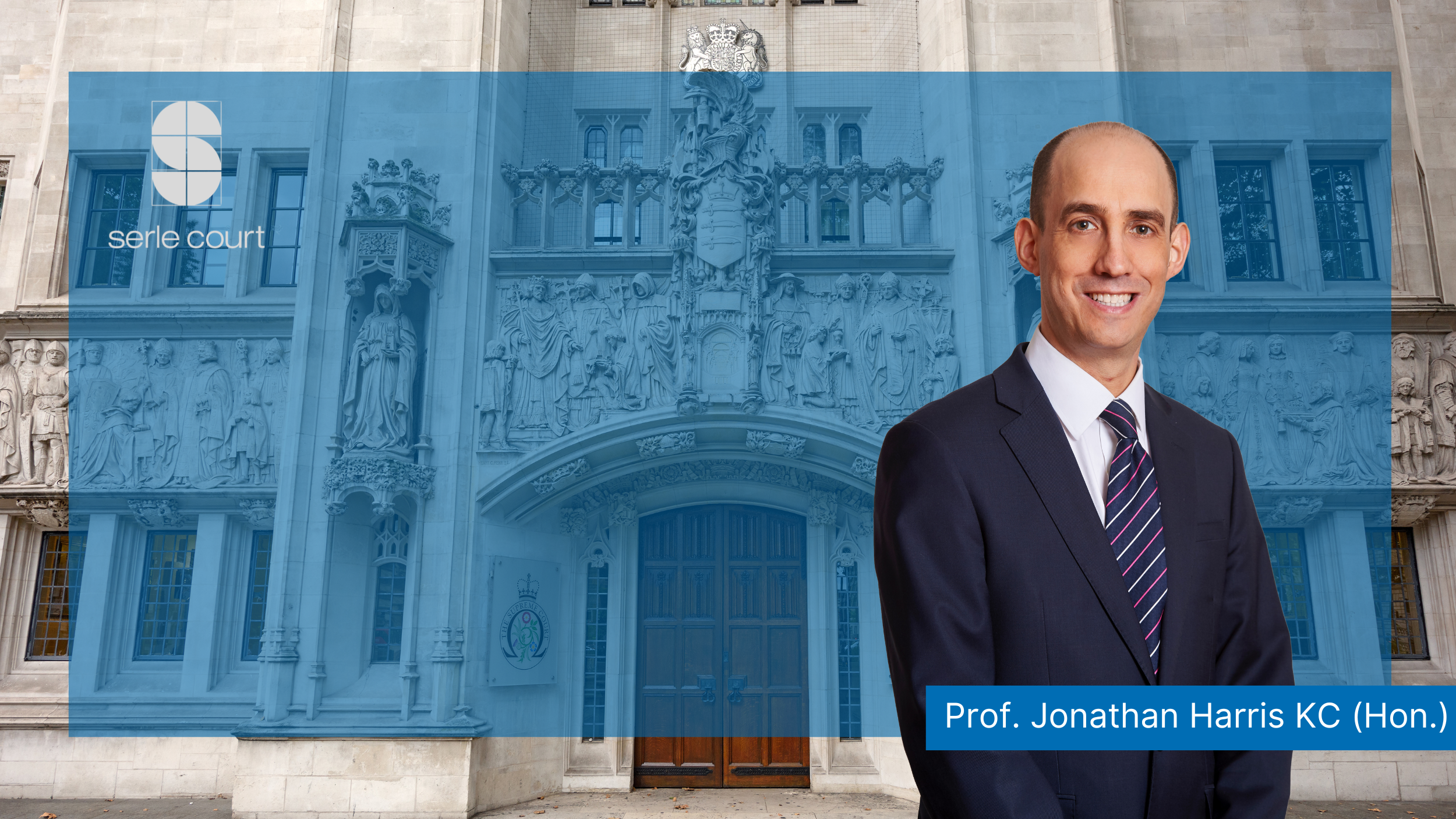Supreme Court gives Judgment Confirming Jurisdiction to Grant Anti-Suit Injunction in Support of Foreign Seat Arbitration Clause
On 18 September 2024, the Supreme Court handed down judgment in UniCredit Bank GmbH v. RusChemAlliance LLC [2024] UKSC 30. The judgment of Lord Leggatt (with whom Lord Reed, Lord Sales, Lord Burrows and Lady Rose agreed) sets out the reasons for the Supreme Court’s dismissal of the appeal previously announced after the expedited hearing in mid-April.
The case concerns proceedings brought in the Russian courts in breach of a clause contained in bonds providing for arbitration in Paris. Unicredit sought a final injunction in the English court to restrain the continuance of those proceedings. The Supreme Court determined two principal issues:
- That there was a jurisdictional gateway to grant the relief sought under CPR PD6B, para 3.1(6)(c), since the arbitration clause in the bonds was governed by English law. In circumstances where each instrument was stated to be governed by English law, this also constituted a choice of English law to govern the arbitration clause. The court reiterated (referring to its earlier judgment in Enka v. Chubb [2020] 1 WLR 4117) that there was no legal significance as to whether a choice of law to govern the main contract constituted an express or implied choice of law to govern the arbitration clause. There was no basis for the choice of seat and curial law to affect this conclusion; and, in particular, the exception contemplated in Enka [170](vi)(a) where the law of the seat contains a provision which indicates that, where an arbitration is subject to that law, the arbitration will also be treated as governed by that country’s law, should in future be disregarded.
- England was the proper place to grant the final injunction under CPR 6.37(3). It was held that the grant of an anti-suit injunction is not part of the supervisory jurisdiction of the curial court of the place of arbitration. Rather, the basis is contained in s.37 of the Senior Courts Act 1981 and the principle that promises may be enforced by coercive remedy; and particularly given the strong policy of giving effect to arbitration clauses enshrined in the New York Convention. The traditional forum conveniens test is not applicable in such circumstances but it is necessary to consider whether the fact that the seat of the arbitration is overseas makes it inappropriate to grant such relief. In this respect, the Supreme Court held that there may be no single forum which is the most appropriate to grant the remedy. The French courts and the arbitral tribunal could not have granted an effective remedy to enforce the arbitration clause; and there was a substantial connection with England and Wales given that the contractual rights which UniCredit was asking the court to enforce were governed by English law. Accordingly, England and Wales was the proper place to grant final injunctive relief.
- A link to the judgment can be found here.
Professor Jonathan Harris KC (Hon.), together with Stephen Houseman KC and Stuart Cribb (Essex Court), represented the respondent/claimant in the Supreme Court. They were instructed by Latham & Watkins.





